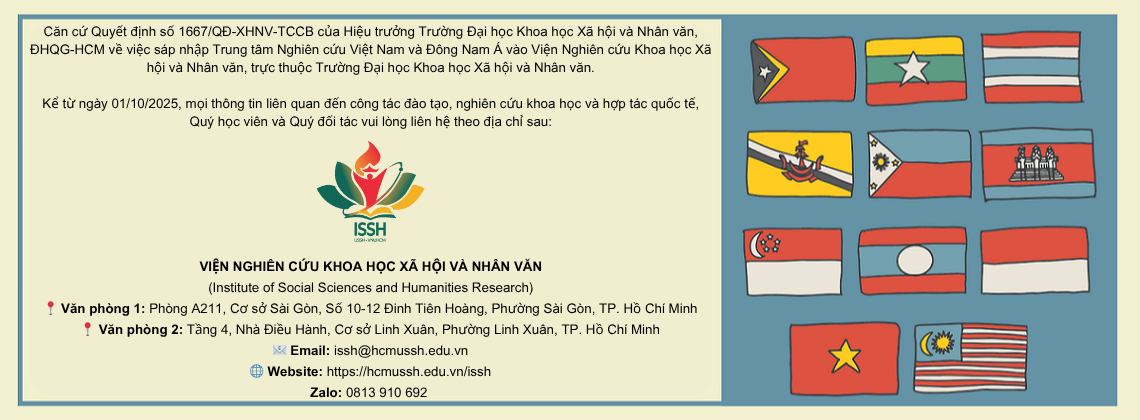LAW AND ECONOMICS ON ILLEGAL TRADES
Thư năm, 17/03/2022 16:03
Preface
The Trans-Pacific Partnership (TPP), which Japan has led, is working effectively, in contrast to the World Trade Organization (WTO), which has not worked well for some time and has many problems with respect to China. In terms of intellectual property rights, legislation in China that favors domestic companies is often criticized by foreign plaintiffs, and the US and other developed nations have accused the Chinese government of IP theft by using spies and computer hackers. Under a bad economic situation such as that caused by the Covid-19 pandemic, the number of crimes tends to increase. In this century Asia, including India, will be the center of the world economy, but in this area, developed, emerging, and developing nations among which illegal trade takes place coexist. To prevent such trade is a key factor for sound and sustainable economic development in the long run.
In this book we consider illegal trade from a Law and Economics perspective, which institutionally, empirically, and theoretically analyzes laws, based on economic rationales. Behind illegal behaviors and crimes, we can often see individual incentives to break laws for individual economic benefits. Unlike the emotional crime of homicide, illegal trades are always involved in and explained by their incentives. Though laws are necessary to enforce and crack down on crime, lawmakers often are weak in the analysis of economic rationales. Nonetheless, economic analysis of the effects of laws on buyers and sellers is necessary in order to make effective laws and to enforce them effectively. This book explains phenomena in real marketplaces and analyses them by using theoretical models.
This book consists of five chapters. Chapter 1 addresses counterfeiting in food industries from an institutional viewpoint. The approach to considering this problem is unique, using interviews with stakeholders at real marketplaces in Southeast Asia. It first analyzes food smuggling with concrete examples obtained from field research, and indicates how the division of labor among countries takes place and is affected by differences in the levels of law enforcement within the region. Second, it shows where incomplete information on food quality is caused within a supply chain and explains why believing that only final consumers are deceived is wrong. Sometimes retailers and/or wholesalers are deceived, depending upon food characteristics. Third, it explains why lawful look-alike processed food is widespread in Asia. An original food maker first producing a new type of food cooperates with a processing machine maker, which usually has a patent on specific machines. Since the machine maker can export its product overseas, foreign food makers can easily produce look-alike processed food by importing the machine.
Chapter 2 theoretically analyzes the phenomenon of look-alike food using a biological analogy. Biological mimicry is a key phenomenon in evolutionary theory and is explained by negative and positive frequency-dependent selections. We see similar phenomena in human society and often buy imitated and look-alike products in the marketplace. For fair competition we have created a design right among intellectual property rights, but judging infringement of the right can be vague, and therefore controversial, in courts. Using Dixit-Stiglitz’s CES utility function, this chapter proves that a relatively high (low) fixed cost causes a socially excessive (insufficient) entry when producers maximize profits in Müllerian-type look-alike markets, where positive mutual externalities can create benefits for both consumers and producers. It also proves that any entry by fake producers should be prohibited and that a high fixed cost for original producers creates a high incentive for fake producers in Batesian-mimicry-type imitation markets. These results should affect judgments of design right infringement.
Chapter 3 proposes a simple framework consisting of a law enforcement model in which criminal organizations (mafias) can resort to the use of violence to monopolize an illegal market. Within this framework, it investigates the economic incentives of criminal organizations in two different situations: monopolistic control of illegal markets with violent conflict or peaceful control with duopolistic criminal organizations without violent conflict. Depending on the imbalance of power in violent conflicts and asymmetrical enforcement differences between monopolistic and duopolistic markets, the overall incentive of criminal organizations to engage in violent conflict varies.
Chapter 4 considers the problem of counterfeits in E-commerce in China and offers a reason why the online market has become the main place for counterfeit trades. Through a platformer, Pinduoduo, which has attracted attention in recent years because of frequently selling counterfeits, this chapter analyzes behaviors of consumers and retailers in the process of online counterfeit sales and obtains a strategy for Pindoudou to compete with incumbents.
Chapter 5 addresses the importance of branding using geographical indications for Vietnamese agriculture as the nation has transformed from a centrally planned economy to a free market. From a poor and destitute country, Vietnam has become a major agricultural exporter. However, global awareness of Vietnam and Vietnamese agriculture has not increased appreciably over the years, since Vietnam still mostly exports raw materials. Research exploring the transformation process and building international brand awareness of Vietnamese agricultural products is of great significance for Vietnam’s economic development, as such research provides a basic foundation upon which to create suitable development schemes. It can also offer suggestions for implementing successful branding of Vietnamese agricultural products, thus promoting exports and driving growth towards humanistic values for a Vietnamese society in which more than 60 percent of the population is living in rural areas. This chapter also offers considerations of such issues that may be useful to other developing countries dependent on agricultural industries.
Contributors in this book presented papers at the conference Law and Economics on Illicit Trades, held at Waseda University in October 2021. Comments and discussions there were very helpful in improving our manuscripts. Most contributors had also met and discussed issues at conferences and done research together in the past, which contributed to frank and earnest discussions among us. The topics picked up in this book do not comprehensively cover the problems of illegal trade, but focusing on problems specific to emerging and developing countries in Asia should be beneficial not only for researchers but also for businesspersons, lawmakers, and policymakers who strive to stop illegal trade.
Koji Domon and Tran Dinh Lam
Acknowledgements
We would like to offer appreciation for comments on our manuscripts from Dennis Khong and Tadashi Kikuchi and for the support of Sai Thi May for the publication. To publish the book, we were also financially supported by JSPS KAKENHI (Grant Number 20K01716).
Contributors
Koji Domon, Professor, School of Social Sciences, Waseda University, Japan
Tran Dinh Lam, Vietnam National University, Director, Center for Vietnamese and Southeast Asian Studies, Vietnam
Alessandro Melcarne, Associate Professor, Université Paris Nanterre, France
Giovanni Battista Ramello, Professor, Università del Piemonte Orientale, Italy
Ken Yahagi, Project Researcher, Institute of Social Science, University of Tokyo, Japan
Michael Yuan, Researcher, Science and Education Institute International Inc., Boston, USA
Zhengyi Zhang, PhD Student, Graduate School of Social Sciences, Waseda University, Japan














